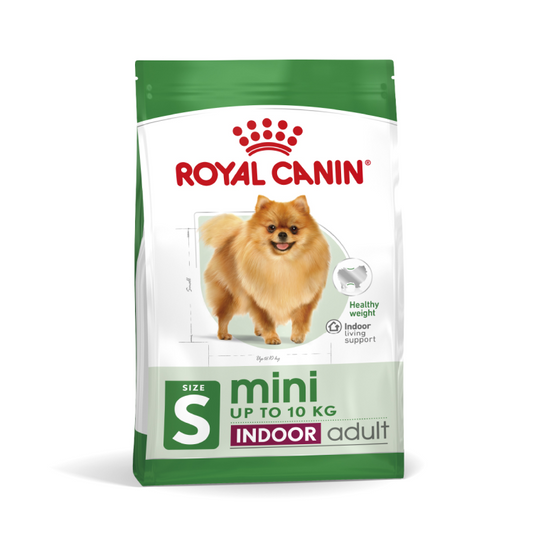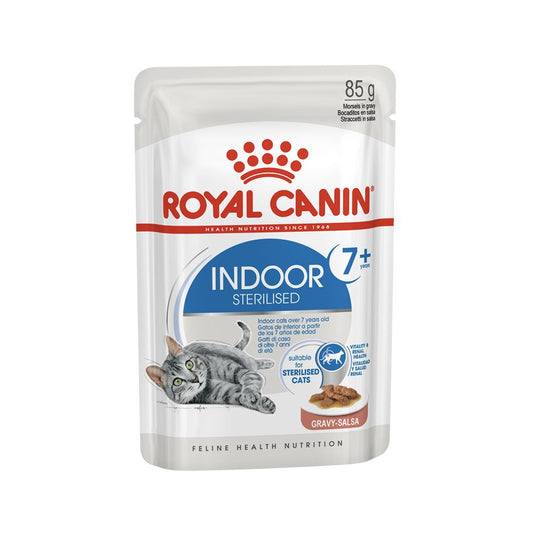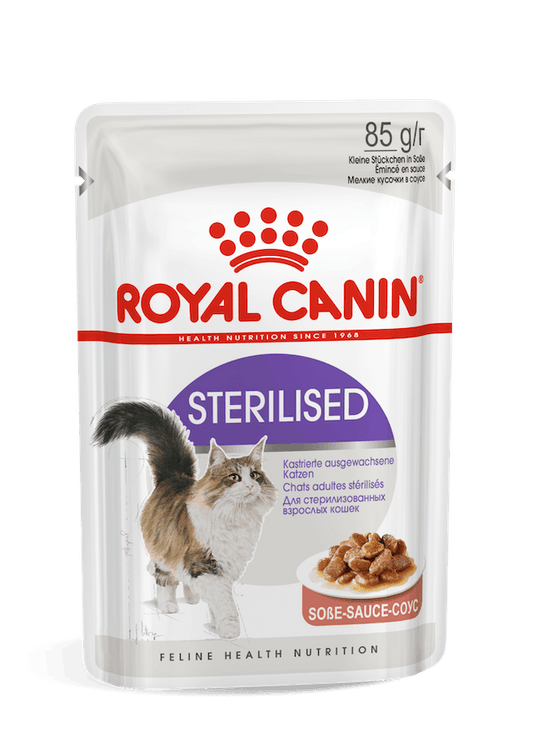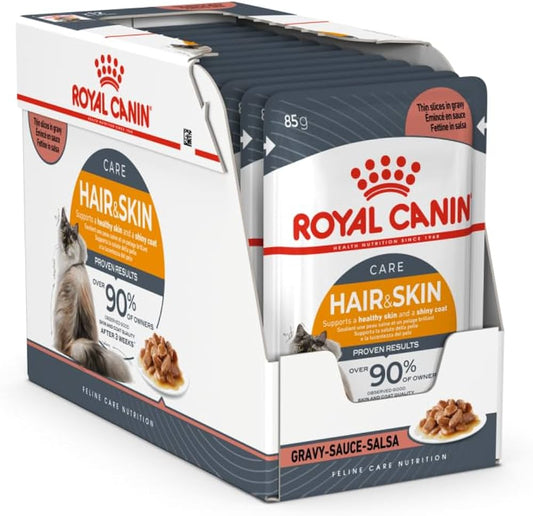Regardless of whether you’re a new pet parent or a seasoned one, there are bound to be some healthcare tips in this list that you aren’t aware of. As devoted pet parents, it's essential to take precautions to avoid potential risks for your canine.
Your dog could be suffering from a fatal disease and you wouldn’t even know about it. But, there are ways to avoid such situations.
After thorough research, we present 8 dog healthcare tips that serve as a compass for responsible pet ownership. From helping your dog to reduce weight to grooming, we’ve covered everything!
Join us as we aim to achieve the better physical and mental health of your adorable furry friend. Let’s roll!
| TABLE OF CONTENT |
|
8 Simple Dog Health Care Tips:
Dogs are like children, and therefore they should be cared for similarly. Here are 15 easy and simple ways to ensure that your dog is healthy and thriving!
1. Balanced Diet:
Feeding your dog anything you get your hands on is not going to help their case. Dogs require a specific diet, as mentioned below!

- Ensure that your dog's diet includes a sufficient amount of high-quality protein.
- Proteins are essential for muscle development, immune function, and overall cellular repair.
- Include carbohydrates like grains and vegetables for a well-rounded diet. Carbs provide a source of energy and contribute to digestive health.
- Always provide access to clean and fresh water. Hydration supports digestion, nutrient absorption, and overall bodily functions.
Let’s now check out how to maintain your canine’s weight next!
2. Maintain Weight:
Overfeeding your dog can lead to unhealthy weight gain. Here are a few tips on keeping it under control!

- Establish a regular feeding schedule rather than leaving food out for your dog all day.
- Scheduled meals help control portion sizes and prevent excessive calorie consumption.
- Limit the number of treats and snacks, as they contribute to overall calorie intake.
- Use a measuring cup to accurately portion your dog's food.
One of the key factors that help to manage weight is regular exercise; read about how to go about it in the next topic!
3. Regular Exercise Routine:
Getting your overweight dog to exercise can be tough, but one at a time is the way to go.

- Engage your dog in daily physical activities like walks, playtime, and interactive games.
- Tailor the exercise routine to your dog's age, size, and energy level.
- Engage in interactive play with toys such as fetch, tug-of-war, or frisbee.
- Stick to a consistent exercise schedule to build a routine, as dogs thrive on predictability and benefit from regular physical activity.
Someone once said that prevention is better than cure; this quote stands true when it comes to vaccinations. Read the next topic to learn about it in dogs!
4. Routine veterinary check-ups:
Although your dog might instinctively know whenever a veterinarian visits for the following reasons:

- Schedule regular veterinary visits for preventive care and the early detection of any health issues.
- Veterinarians recommend preventions against fleas, ticks, and worms tailored to your dog's lifestyle and risk factors.
- Regular veterinary visits include checking for body conditions like dental health, coat condition, and the presence of any lumps or bumps.
- It is important to stay informed about recent parasites in the atmosphere, and vet visits help you stay on top of your pet’s health.
Grooming your dog is one of the most important points; read more about it below!
5. Groom Your Dog:
Grooming doesn’t just include bathing! There are plenty of other factors that you need to keep a check on!

- Regularly inspect your dog's paws for cuts, foreign objects, or signs of infection. Keep the paw pads trimmed, and trim the hair between the toes if needed.
- Wipe away any discharge around your dog's eyes with a damp cloth. If there are signs of persistent tearing or irritation, consult a veterinarian.
- Professional grooming services can help if you're not comfortable doing this yourself.
- Additionally, it also provides an opportunity to bond with your dog and monitor their overall well-being.
If you’re grooming your dog at home, check out the range of grooming supplies for your dog here at Maryam’s Pet!
The environment that dogs stay in is as important as food or exercise; read about it next!
6. Environment:
As a pet parent, you should ensure your dog is cared for like your child. The environment that they live in should be well maintained.

- Provide a comfortable and secure shelter for your dog, whether it's indoors or outdoors.
- Ensure the shelter protects them from extreme weather conditions such as rain, heat, or cold.
- Ensure the environment is escape-proof to prevent accidents or the dog wandering off.
- Socialize your dog with other pets, people, and environments to promote positive behavior.
Next, let's read about your dog’s mental health!
7. Mental Health:
Enhancing your dog's mental health is vital for their overall well-being. Explore these tips to keep your furry friend happy and engaged.
- Provide new challenges and learning opportunities for your dog that prevent boredom. Mental exercises, such as puzzle toys and training sessions, can help to keep a dog's mind active.
- Offering a variety of toys, textures, and experiences enriches a dog's environment.
- Activities like sniffing walks, exploring nature, and playdates contribute to mental stimulation.
- Recognizing and respecting a dog's unique personality traits and preferences is crucial. Some dogs may be more introverted and prefer quiet time, while others may thrive in more social settings.
You have the ID card; don’t you think your pet should have one as well? Our next topic is all about it; read on!
8. Register your dog:
Ensure your canine companion is properly registered and cared for with these essential steps, promoting safety, identification, and responsible ownership.
- Many places offer online registration services; take advantage of these for convenience.
- Purchase and attach an identification tag to your dog's collar with essential information, such as your phone number and address.
- Keep certificates or records of any training classes attended by your dog.
- Obtain and display the required license tag on your dog's collar.
As we conclude these dog health care tips, let's dive into addressing common queries in the next section, Frequently Asked Questions.
FAQ: 8 Dog Health Care Tips for Pet Parents
Can I leave my dog overnight?
Yes, but ensure they have enough food, water, and a comfortable space. Arrange for someone to check on them or use a reliable pet-sitting service for longer durations.
How long can dogs go without water?
Dogs should not go more than 24 hours without water. Dehydration can be harmful, so always provide access to clean water for your pet.
Can I get insurance for my pet?
Yes, pet insurance is available and recommended. It helps cover veterinary costs, ensuring your pet receives necessary medical care without financial strain on you.
How do I know if my dog is dehydrated?
You should watch for signs like lethargy, sunken eyes, dry gums, or excessive panting. Check for skin elasticity; hydrated skin snaps back quickly. If concerned, consult a vet promptly.
Conclusion:
In the heartwarming journey of pet parenthood, prioritizing your furry friend's well-being is paramount. These 8 dog health care tips serve as a compass for responsible ownership, guiding you through nutrition, exercise, grooming, and more.
As devoted pet parents, we understand the importance of a balanced diet, regular exercise, and routine veterinary check-ups. Grooming and maintaining a conducive environment contribute to your dog's physical and mental health.
For added safety, consider registering your dog with online services and acquiring identification tags. Explore these tips to elevate your dog's quality of life. For top-notch grooming supplies, visit Maryam’s Pet - your partner in comprehensive dog care.





